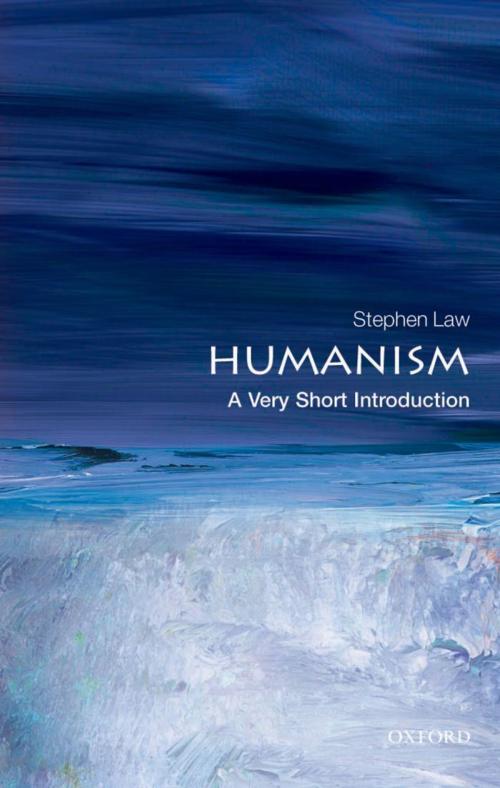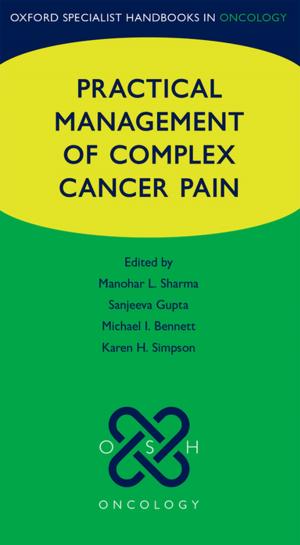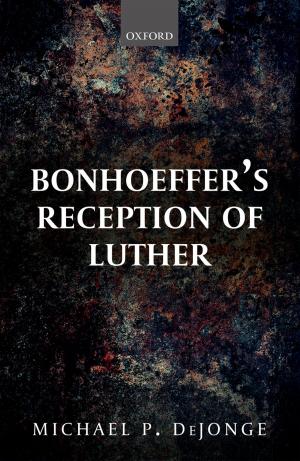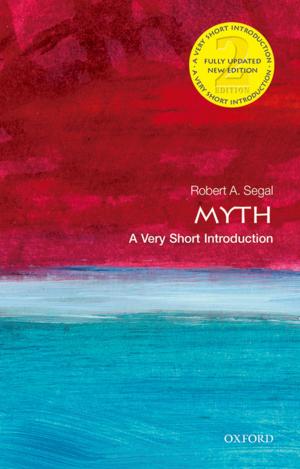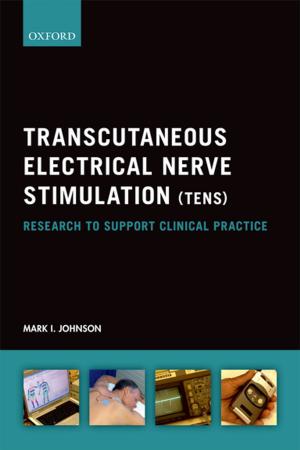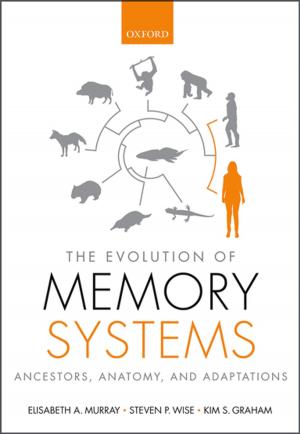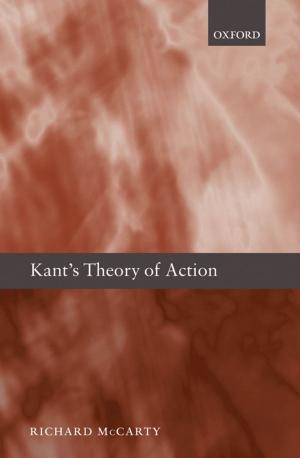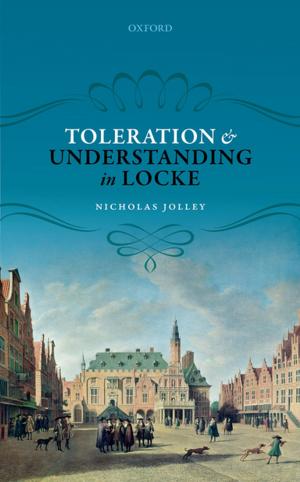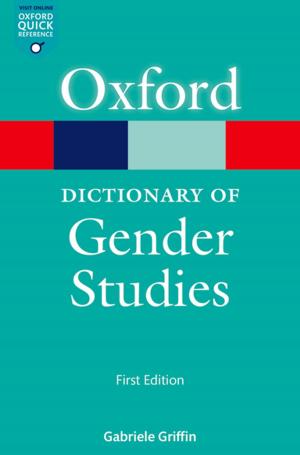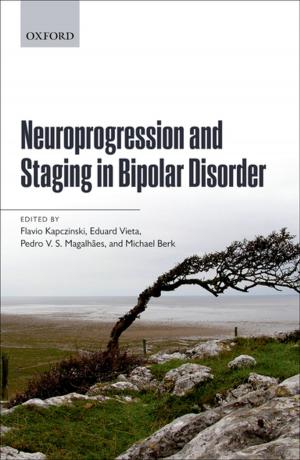Humanism: A Very Short Introduction
Nonfiction, Religion & Spirituality, Other Practices, Atheism, Philosophy| Author: | Stephen Law | ISBN: | 9780191614002 |
| Publisher: | OUP Oxford | Publication: | January 27, 2011 |
| Imprint: | OUP Oxford | Language: | English |
| Author: | Stephen Law |
| ISBN: | 9780191614002 |
| Publisher: | OUP Oxford |
| Publication: | January 27, 2011 |
| Imprint: | OUP Oxford |
| Language: | English |
Religion is currently gaining a much higher profile. The number of faith schools is increasingly, and religious points of view are being aired more frequently in the media. As religion's profile rises, those who reject religion, including humanists, often find themselves misunderstood, and occasionally misrepresented.Stephen Law explores how humanism uses science and reason to make sense of the world, looking at how it encourages individual moral responsibility and shows that life can have meaning without religion. Challenging some of the common misconceptions, he seeks to dispute the claims that atheism and humanism are 'faith positions' and that without God there can be no morality and our lives are left without purpose.Looking at the history of humanism and its development as a philosophical alternative, he examines the arguments for and against the existence of God, and explores the role humanism plays in moral and secular societies, as well as in moral and religious education. Using humanism to determine the meaning of life, he shows that there is a positive alternative to traditional religious belief.
Religion is currently gaining a much higher profile. The number of faith schools is increasingly, and religious points of view are being aired more frequently in the media. As religion's profile rises, those who reject religion, including humanists, often find themselves misunderstood, and occasionally misrepresented.Stephen Law explores how humanism uses science and reason to make sense of the world, looking at how it encourages individual moral responsibility and shows that life can have meaning without religion. Challenging some of the common misconceptions, he seeks to dispute the claims that atheism and humanism are 'faith positions' and that without God there can be no morality and our lives are left without purpose.Looking at the history of humanism and its development as a philosophical alternative, he examines the arguments for and against the existence of God, and explores the role humanism plays in moral and secular societies, as well as in moral and religious education. Using humanism to determine the meaning of life, he shows that there is a positive alternative to traditional religious belief.
